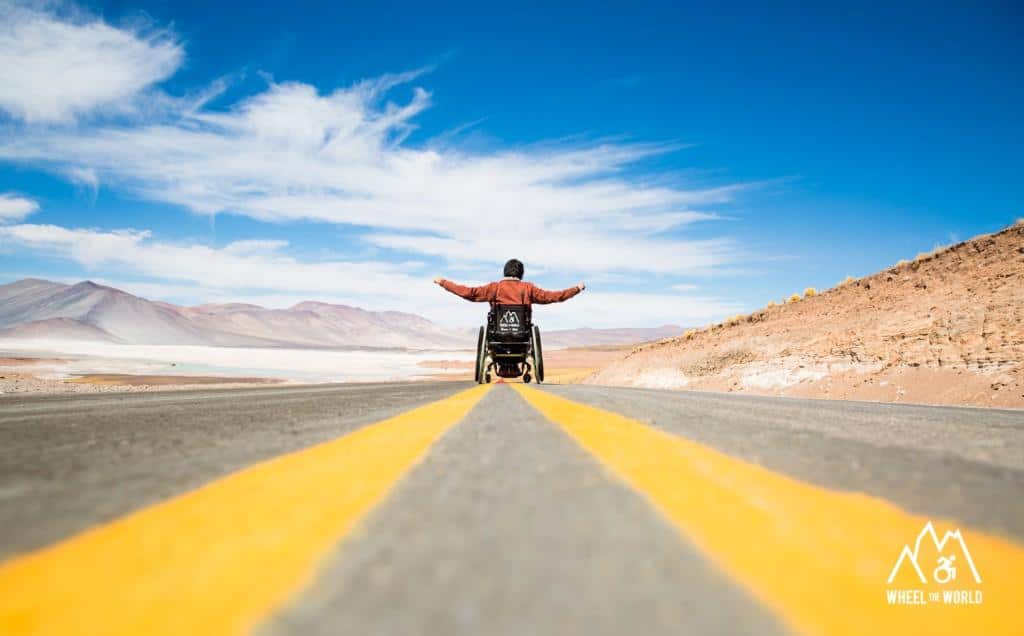Wheel The World created a platform to enable travelers with disabilities to find and book fully inclusive travel experiences.
Hi Bailey, thanks for your time today. You’re based in Santiago, yes?
Yes, Wheel The World was founded here by Álvaro Silberstein, and it’s been our home base since start-up.
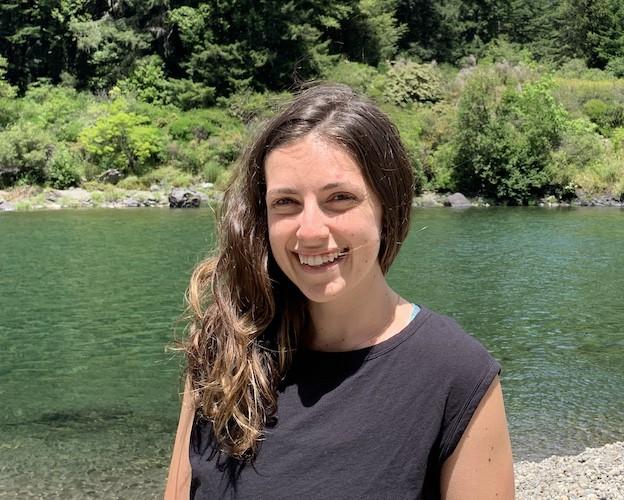
Let me begin by asking you what operators are missing when it comes to catering for tourists with disabilities?
Opportunity. Or I should say lost opportunities because of a lack of knowledge is preventing many travelers from having a full and enjoyable experience at their venue – and we all know that dissatisfied guests are bad for business.
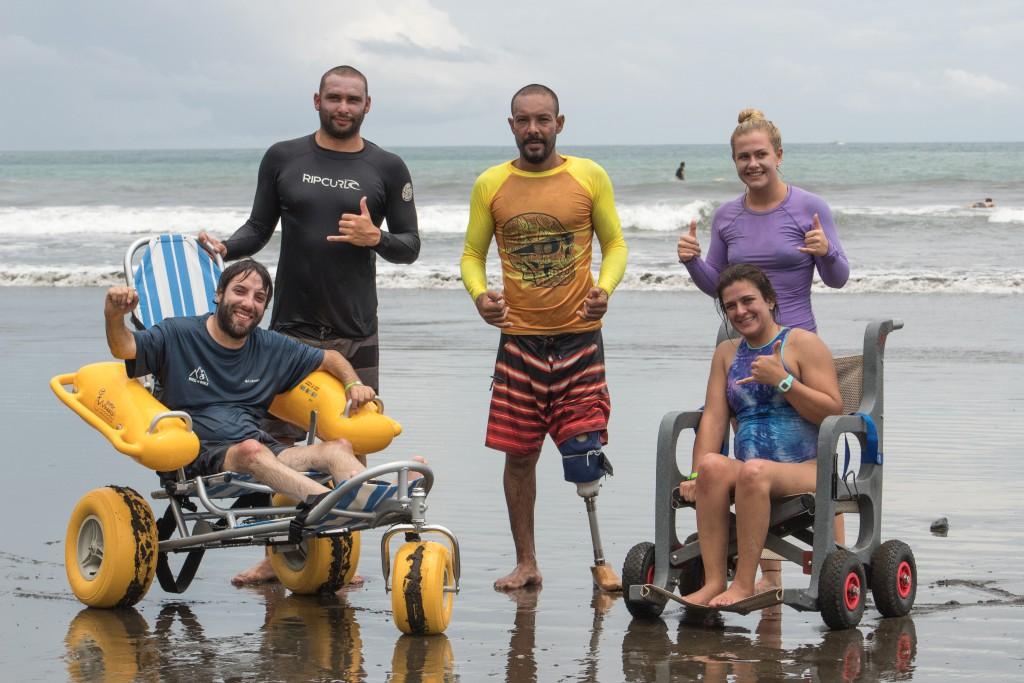
So, if a hotel has a wheelchair ramp and a big elevator then is it typical for them to consider that they’re catering for all accessibility needs?
Yes, compliance to statutory regulations doesn’t mean that hotel staff are aware of what access requirements are, or that they fully embrace the concept. It’s a lack of knowledge, exposure and experience; and much comes back on how to communicate with guests who have mobility challenges.
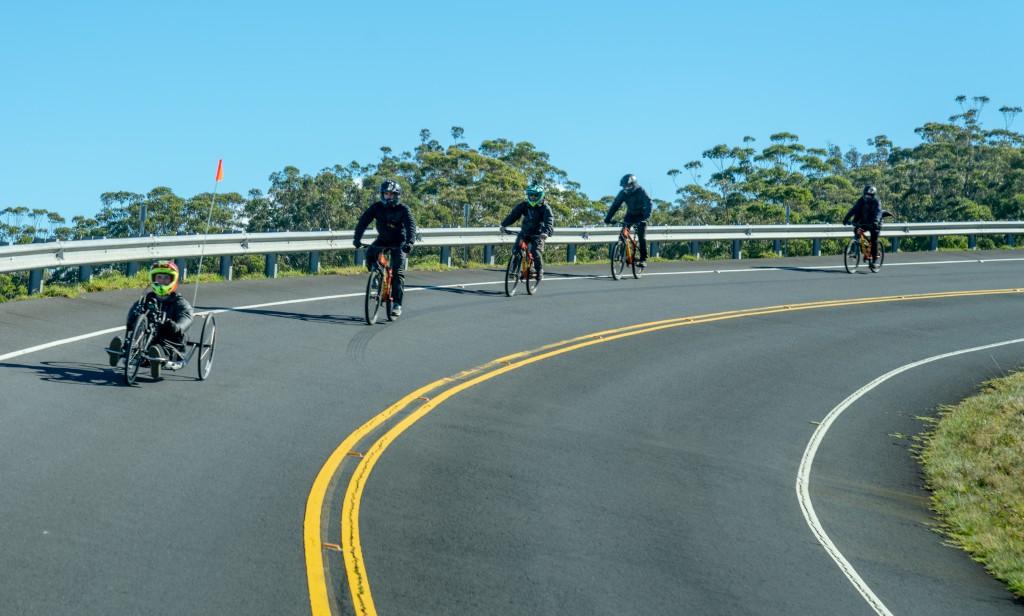
What do you mean?
I’ll give you the most common example. On booking sites where you make a reservation there is often a small icon to represent suitability for a wheelchair which gives extraordinarily little information about exactly what is accessible – there are so many individual needs for people with disabilities. That small icon doesn’t communicate what a disabled tourist needs to know. It’s a failure to inform.
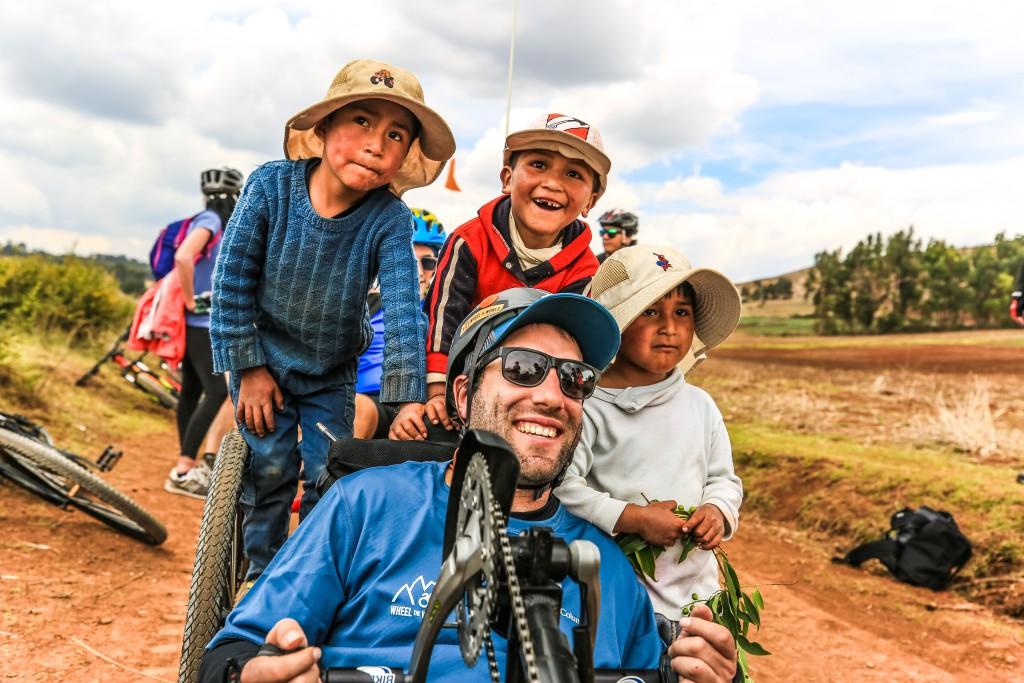
Prior to this chance to speak to you I did some background reading on your tourism niche and found that the language has changed from a descriptor of ‘disabled’ to ‘inclusive’ or ‘accessible.’ Care to comment?
Yeah, I guess this is partly an issue of semantics because the word carries an unfair stigma, but it’s also a realisation that in time you could become that tourist who needs to deal with access issues – disability is the one minority that anyone can become part of.
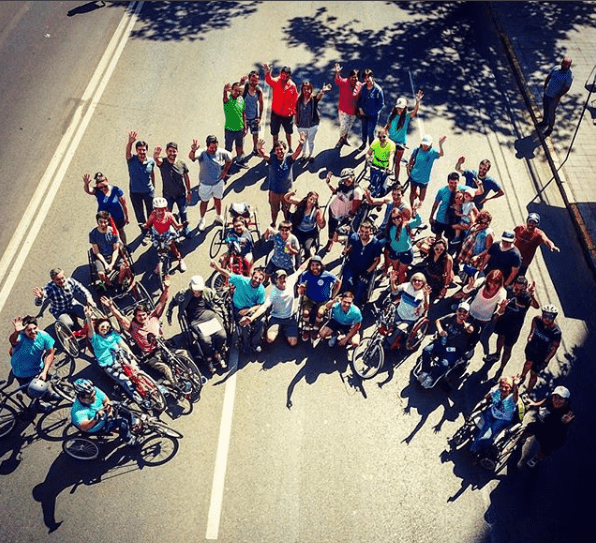
I’m not with you…
Well, if you’re like me then you’re planning on living a long life. What we’re doing now is compatible with what senior citizens may need if their mobility needs change and what we’re building is also going to help you if you’re recovering from some injury or trauma that means you can’t move as you did previously and still want a vacation.
It’s not just a disability that can cause access issues. We’ve got to make it OK to look for and find the right information related to disability or mobility issues so anyone can book a vacation experience according to their needs.
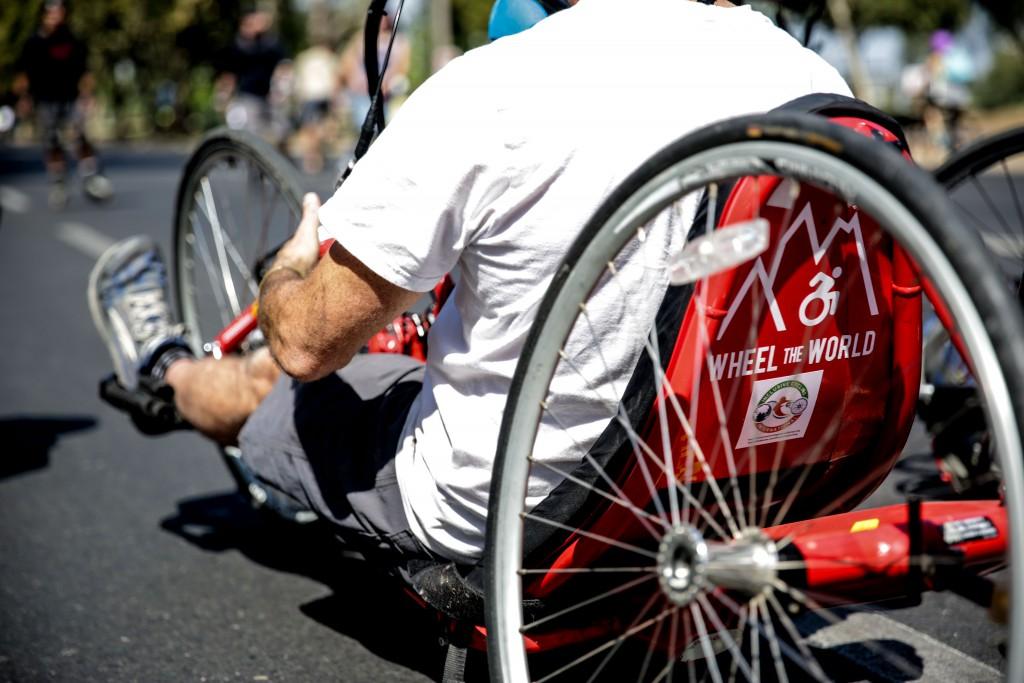
Wheel the World speaks about ‘positive activism’ on its website. What is it that you want to achieve?
We know there are huge social justice issues surrounding inclusive tourism and a vast number of people with a disability are marginalised. They want to travel but aren’t provided the information or services to make informed decisions on how to do so. However, little is improved if we’re not impactful through our work.
If we want positive change for inclusive tourism then we’re also responsible for making change happen, or at least trying to. We’re supplying fresh solutions to address accessibility issues and we’re out there educating the industry. That’s how we are making ourselves relevant. That’s our positive activism.
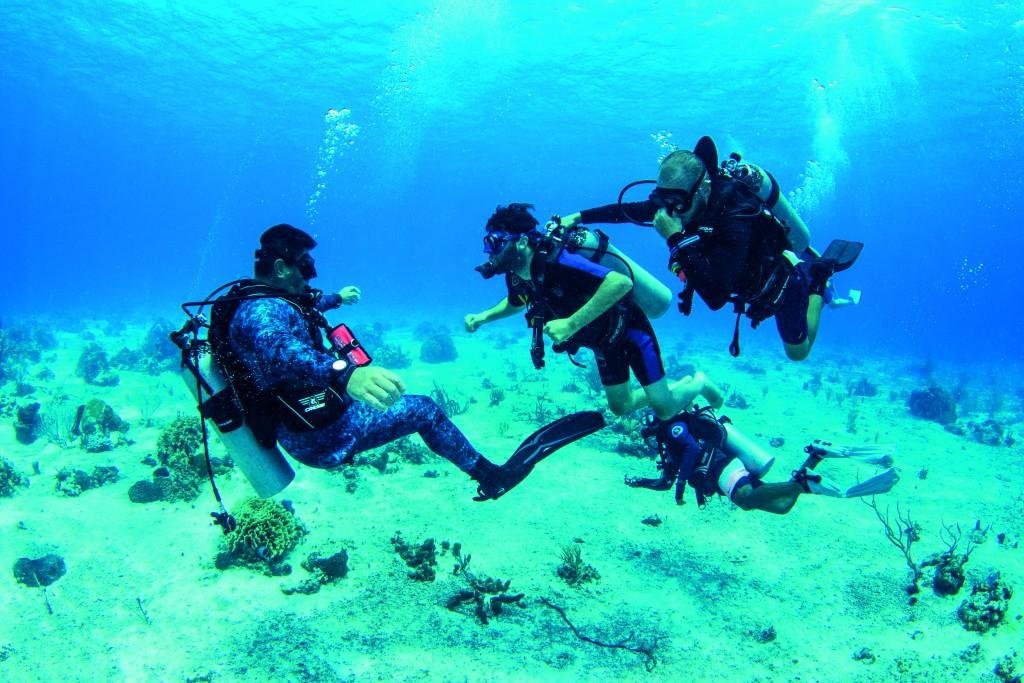
Did the idea for your online Academy to educate tourism operators arise because information was key to unlocking the potential of a destination?
Exactly. The Academy was created because we realised that so many in the tourism industry don’t have the awareness or knowledge to deal with disabilities – from how to manage physical transfers of disabled guests from a wheelchair into a car, or even something as basic as speaking with and engaging the disabled guest and not the person that may accompany them. Creating the Academy where practical, meaningful information becomes a valuable resource has been a huge step in our outreach and growth.
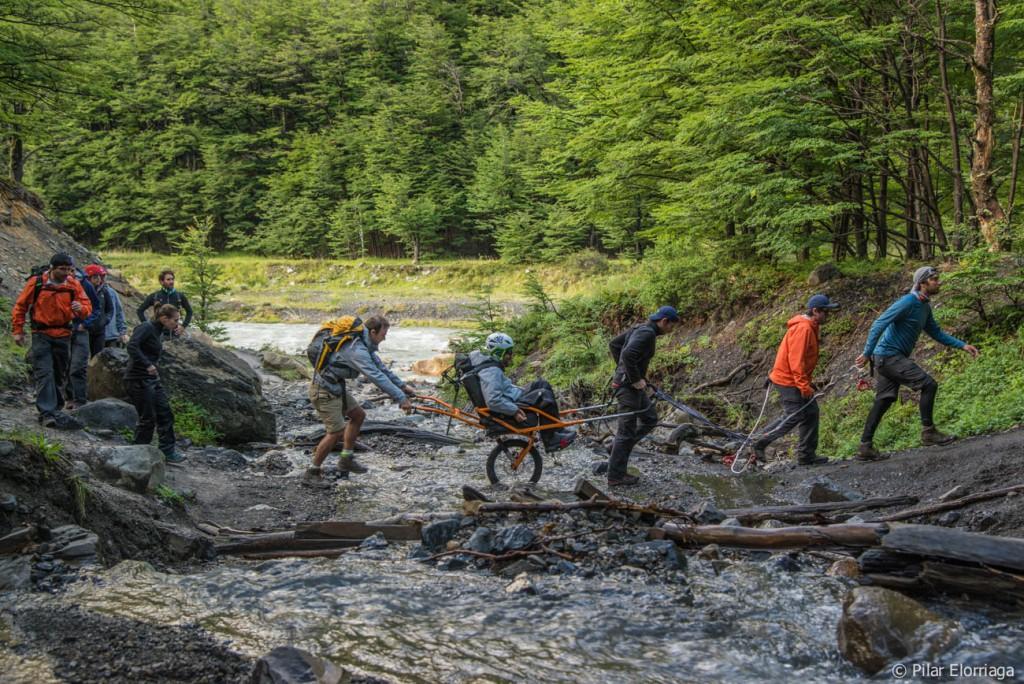
You have evolved to an online Academy to help this knowledge transfer – but what happened before?
Our earlier model required a team from Wheel The World to travel to destinations that we were going to onboard onto our travel platform. We’d try everything out onsite, work with local tourism professionals to train them and then finalise that destination as a package we could offer our clients.
Clearly it wasn’t a sustainable way to grow the destination offering, and it was also what we did pre-pandemic. Like a lot of other businesses, we had to improve our approach and strategy.
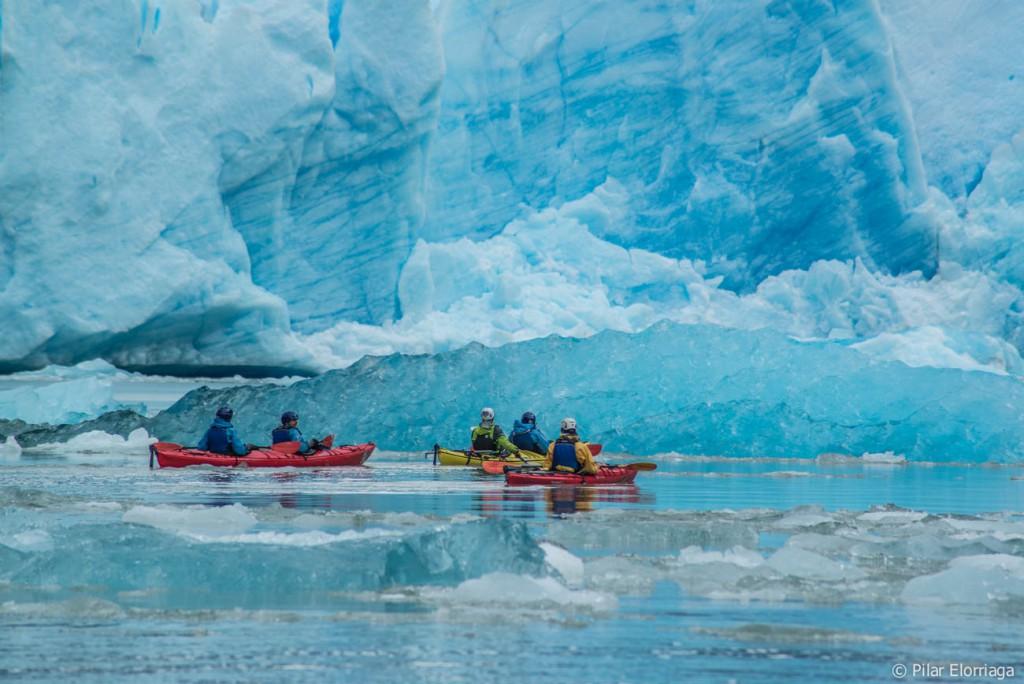
Is this where you got your inspiration for ‘Mappers’?
It is! We now have an App for our Mappers’ programme where we recruit people living in, or near, the destination we want to onboard. The accessibility features of the hotel, activity, or venue are recorded onto our Mappers’ App and information such as the type of flooring, bed height, width of doorways, turning radius for a wheelchair in the bathroom and many other critical details become a resource in our system that is available to our clients when they are looking at destinations.
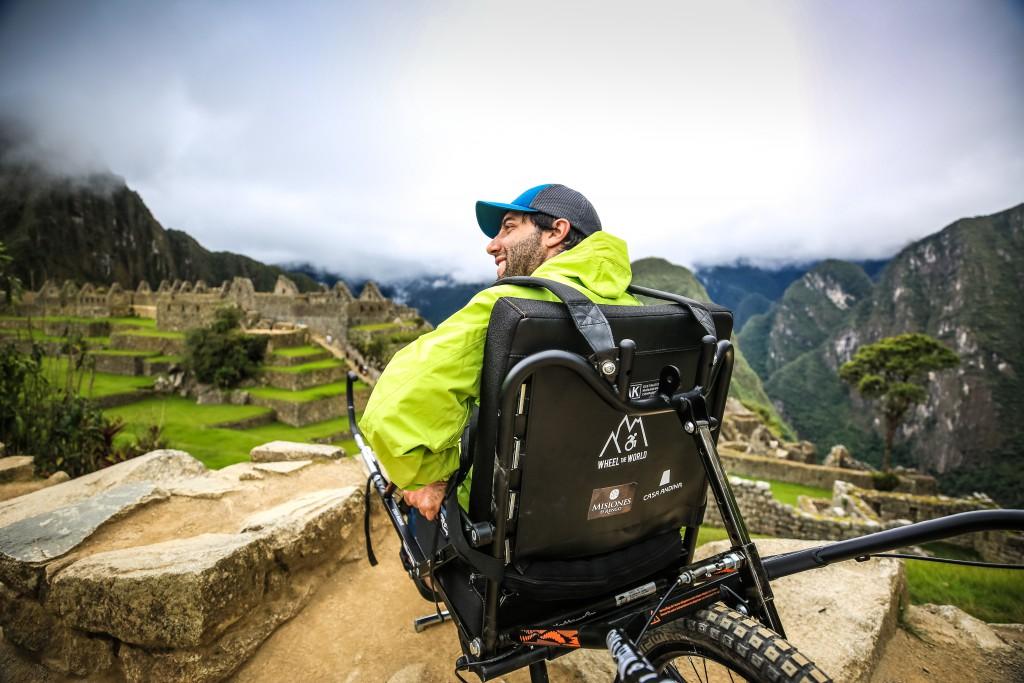
This isn’t a question, just a comment… It seems that what you’re doing is breaking down so many of the barriers that have segregated disabled people from holiday experiences so many others have taken for granted. It’s a noble cause.
Thanks, it’s true. We all believe the question of inclusive tourism to be a human rights imperative, and for operators in the tourism industry it’s also an exceptional business opportunity. From our perspective, accessible tourism not only benefits persons with disabilities, but all of society wins.
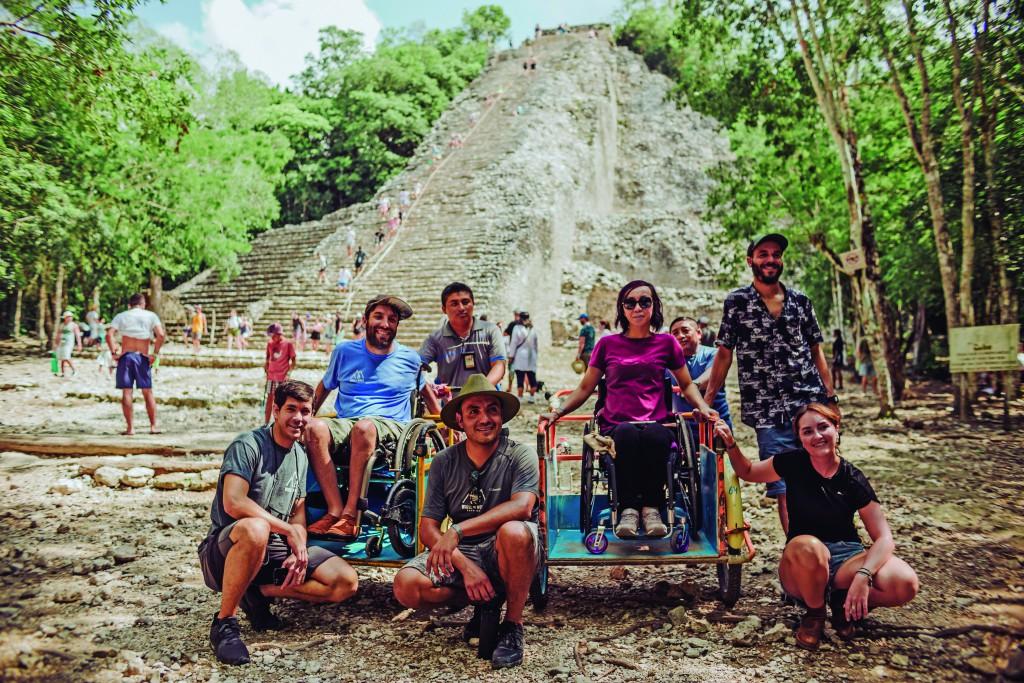
“We’re not inviting you to travel. We’re inviting you to live.” Álvaro Silberstein, Wheel The World Founder.
All images ©Wheel the World
